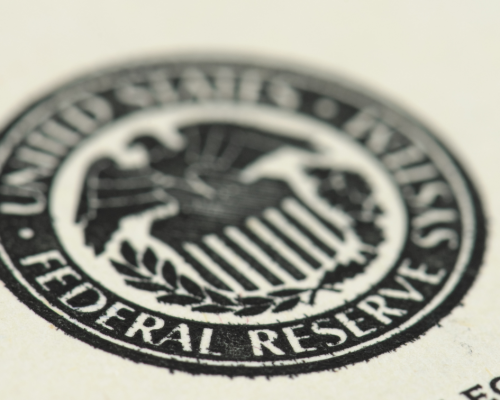The aftershocks of the finance industry’s debacle paired with the Fed raising interest rates by .25 has brought up questions about the near future.

The financial market has been, and continues to be, a whirlwind of surprises. As things started to feel stable at the beginning of the year, it was really just the eye of the hurricane.
The recent bank failures have contributed to tightening credit conditions, which may affect demand in the labor market and inflation. Although it is difficult to make an exact assessment at this time, the impact may be equivalent to a rate hike or even more severe.
Despite the strong job market, wage growth has slowed down, and the tighter financial conditions are expected to lead to a slower economy in the next few quarters, which will help lower inflation in line with the Fed’s goal.
Mike Frantantoni, senior VP and chief economist at the Mortgage Bankers Association, is optimistic.
“With this move from the Federal Reserve, MBA is holding to its forecast that mortgage rates are likely to trend down over the course of this year, which should provide support for the purchase market. The housing market was the first sector to slow as the result of tighter monetary policy and should be the first to benefit as policymakers slow – and ultimately stop – hiking rates,” he said in an article.
Until then, lenders will have to conduct business accordingly. Homebuyers and real estate investors are watching the volatility of rates with caution, but many are taking action on the days when they are lower.
The bank failures created some hesitancy in the financial market overall. Toby Potter, CEO of Global Integrity Finance, notes that the events have definitely created a disruption in the space. Despite this, home sales and mortgage applications have increased in the past few weeks, enabling a sense of optimism for the real estate market.
About
Global Integrity Finance is a nationwide private lender specializing in time-sensitive bridge financing to real estate investors to fund the purchase of non-owner-occupied residential properties.







